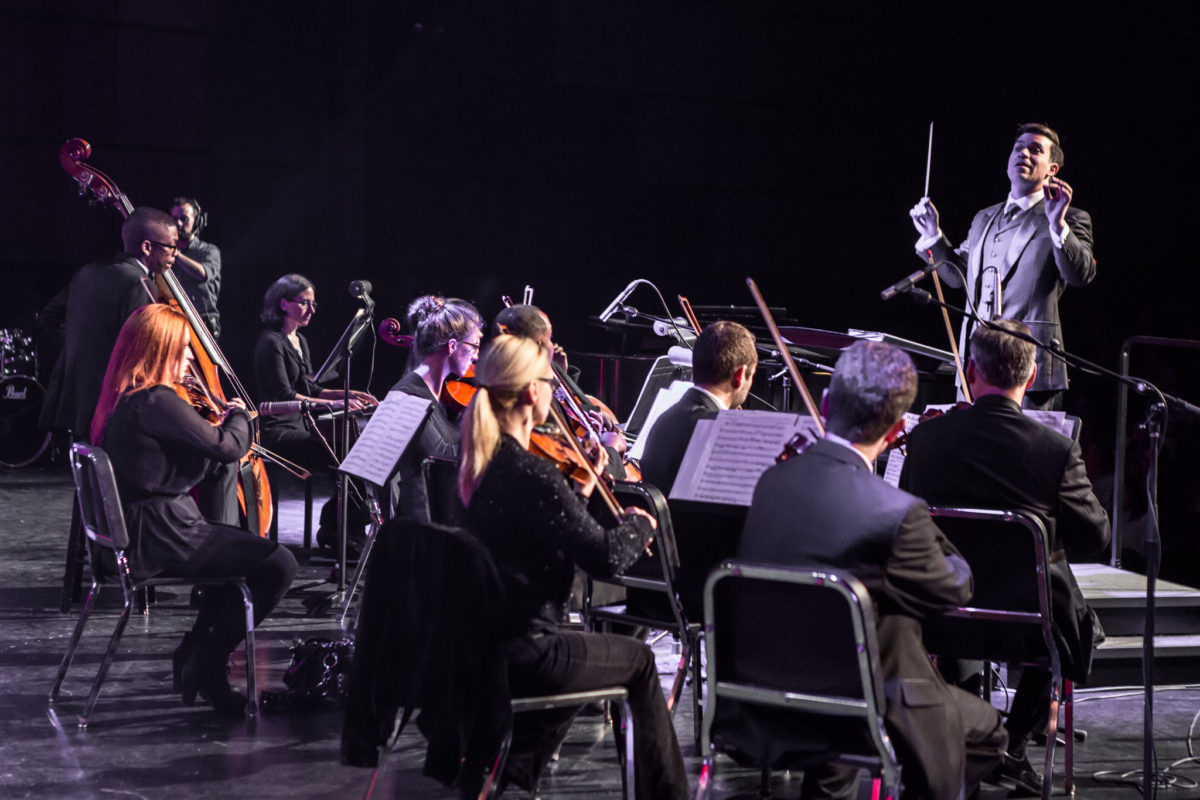As the Director of Fine Arts at Briarcrest Christian School, a private school in suburban Memphis, TN, I often advise students and parents through the college admissions process. Choosing a college and being accepted into said institution is hard enough– but when you add the pressure of music auditions on top of that, the process can be overwhelming.
Unfortunately, most of my conversations include a list of skills and experience that many young musicians simply don’t possess. If you or your child want to study music in college, here are my top 5 “must-have”s.
5. Keyboard Skills
It doesn’t matter if you play tuba, violin, or sing– you need keyboard skills. The keyboard plays an important role in visually representing the musical staff better than any other instrument. Being able to see and feel the distance between two notes, spell out a difficult chord, play an oddly spelled scale, or realize ornamentation are all huge benefits of keyboard instruments like piano and organ.
Plus, any school accredited by the National Association of Schools of Music (NASM) is going to require students to pass a piano proficiency to earn any undergraduate music degree. Not sure if the school you’re looking at is accredited? Look it up!
Don’t have time or funds to take piano lessons? Try using an app like Simply Piano.

4. Sightreading Skills
All successful professional musicians can read music at sight, whether they are teachers or performers. I recommend Sight Reading Factory.
3. Basic Knowledge of Music Theory
Entering college, music majors should be able to:
- Write major and minor scales
- Identify major and minor key signatures
- Visually and Aurally identify intervals between m2 and P8
- Define and actively use basic musical terms like crescendo, bar line, time signature, tenuto, accent, ritardando, staccato, etc.
My favorite teaching tool for music theory is Tenuto.

2. Ensemble Experience
Want to be a musical theatre performer? Great, sing in a choir. Want to be a star violinist? Great, play in an orchestra. You get the idea– regardless of how much a large musical ensemble fits into your ultimate musical goals, you need the skills and experiences it will provide to you now.
On top of the music making, you’ll be working together with peers towards a common goal, something many young people need more of in today’s high-stakes educational testing culture. Musical ensembles also tend to travel quite a bit, so you’ll expand your cultural horizons, too!

1. Work Ethic
By far the most important thing a musician can possess if they hope to become a professional performer/teacher/educators/director/producer/agent/engineer. It is the key differentiator between the incredibly talented and un/underemployed musicians I know and those who are enjoying full-time, successful careers.
I didn’t start formal music training until I was 15. I was behind– like, WAY behind. I jumped into piano, guitar, saxophone, and voice lessons. I joined choir at school. I not only fell in love with music, but I was incredibly aware of my skill-based deficiencies. Some of my peers had been playing piano since they were 4. Others had been singing on stage since preschool. How would I ever compete?
The answer turned out to be remarkably simple– I just kept working at it, every chance I had, all day, every day, for another decade. By the time I was 25 and had an undergraduate degree and a double master’s degree, I had effectively caught up on most of those important skills. And because I had to do that (and work 3 concurrent jobs to pay for it), I was used to working very hard, very consistently. Many of those jobs were unrelated to music: cleaning cooling towers, selling tires, putting together computer boards, etc. But you know what those “thankless” jobs did? They made hard work a habit– something I could do without reward. The ability to routinely and adeptly handle these kinds of tasks– unrewarding, hard, repetitive, yet necessary– is increasingly valuable for professional musicians.
What have I missed? What skills do you hope all of your students have coming into your college music program? What do you wish you had been prepared with when you became a music major?

